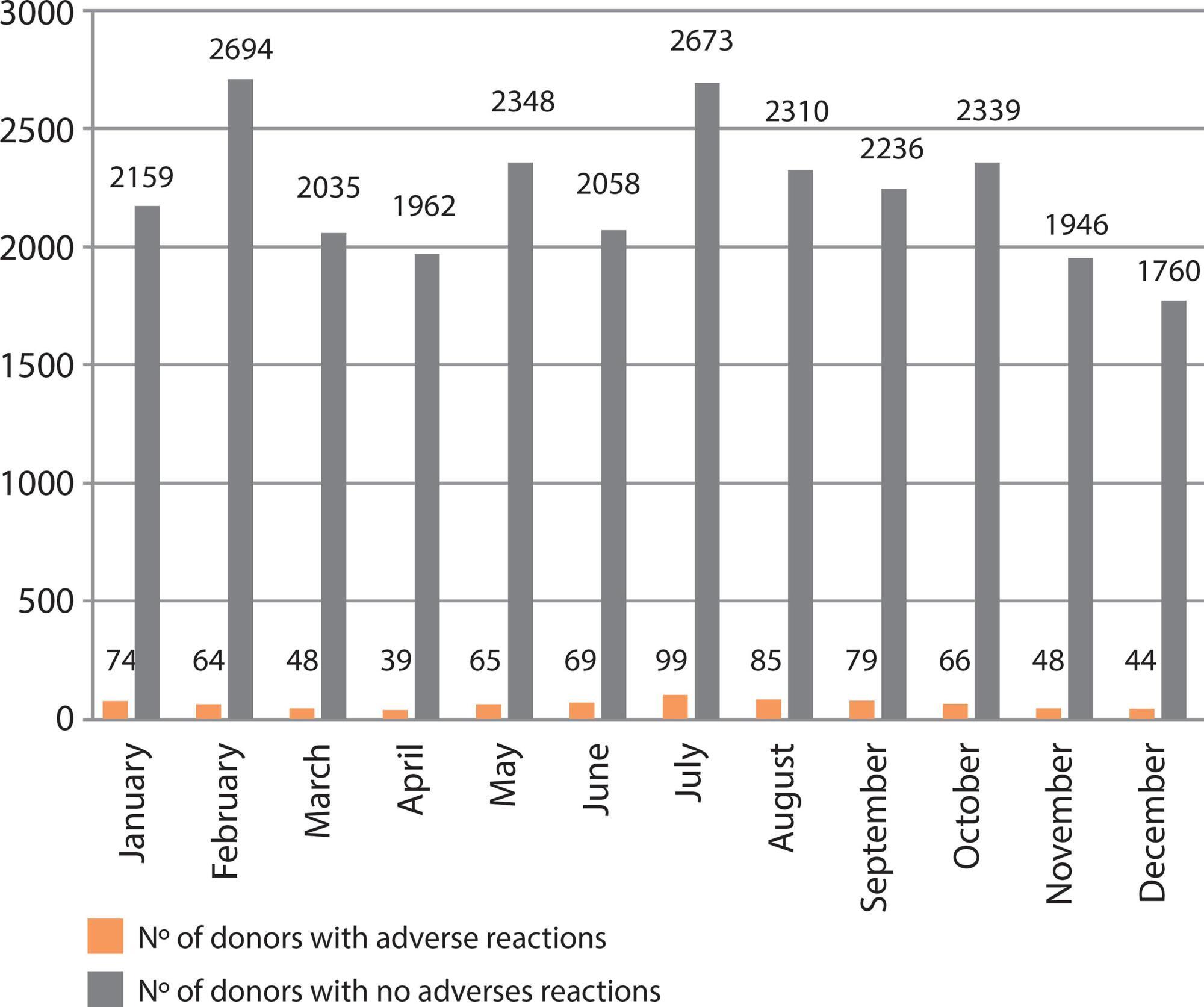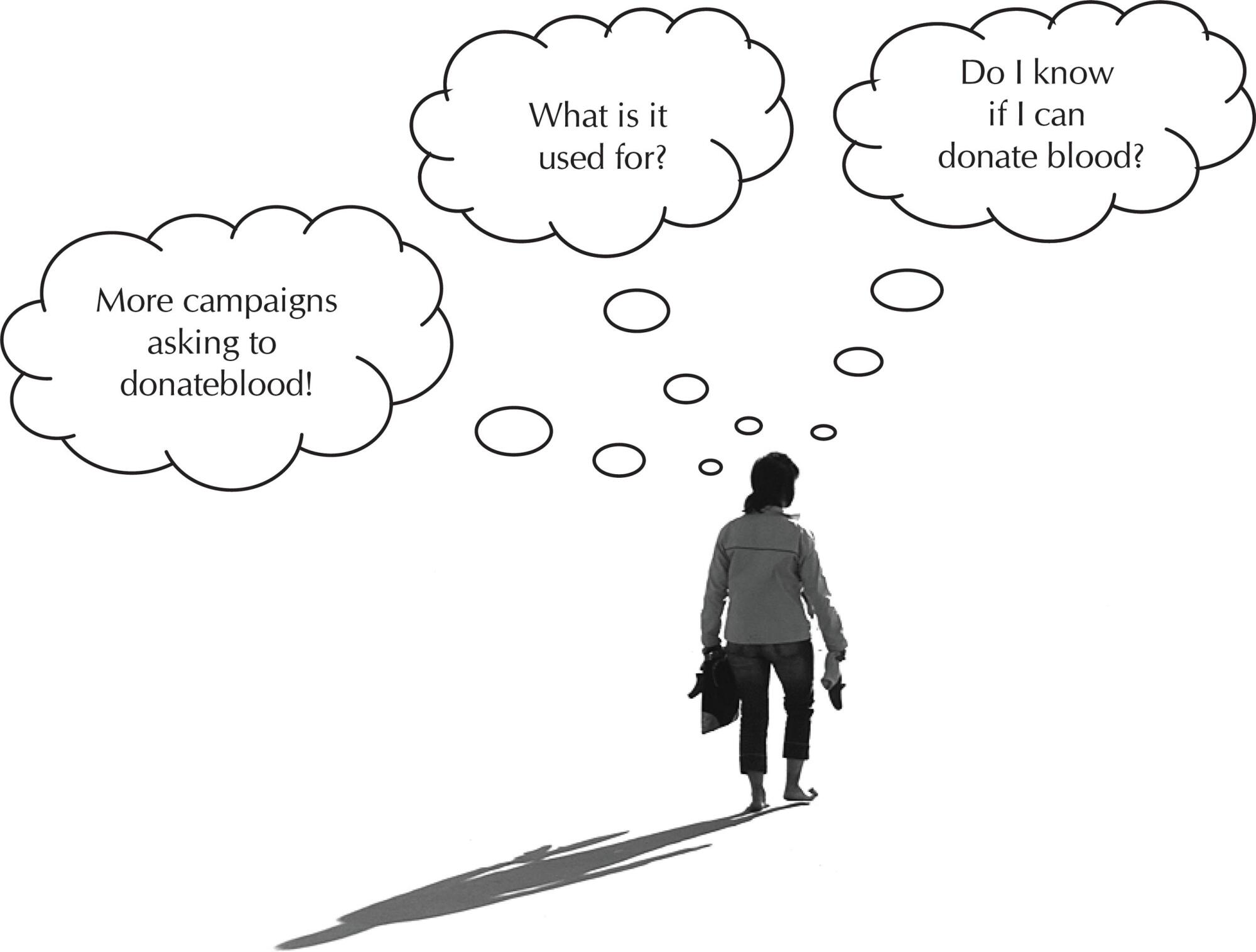-
REFLECTIVE
Nursing in hemotherapy services: considerations on public policies associated with blood and blood components
Revista Brasileira de Enfermagem. 2022;75(4):e20210417
04-15-2022
Resumo
REFLECTIVENursing in hemotherapy services: considerations on public policies associated with blood and blood components
Revista Brasileira de Enfermagem. 2022;75(4):e20210417
04-15-2022DOI 10.1590/0034-7167-2021-0417
Visualizações0Ver maisABSTRACT
Objective:
Reflect on how the evolution of legislation related to blood and blood-based products has shaped the role of nurses in hemotherapy services.
Methods:
A reflective study, carried out employing surveys in databases, about the evolution of the nurse’s role in hemotherapy services.
Results:
Several legislations, published since 1950, have encouraged blood donation and shaped the work of nurses in hemotherapy services, being the most relevant Law #10.205/2001 (Lei nº 10.205/2001), about blood collection, processing, storage, distribution, and blood transfusion; and COFEN’s resolution # 629/2020 (COFEN nº 629/2020), which addresses in detail the practice of these services.
Final considerations:
The evolution of legislation related to blood and blood-based products contributed to the consolidation of nurses’ attributions in hemotherapy services since it guaranteed legal support and defined the practices in these services.
-
ORIGINAL ARTICLE
Nursing work and competence in hemotherapy services: an ergological approach
Revista Brasileira de Enfermagem. 2020;73(3):e20180775
04-09-2020
Resumo
ORIGINAL ARTICLENursing work and competence in hemotherapy services: an ergological approach
Revista Brasileira de Enfermagem. 2020;73(3):e20180775
04-09-2020DOI 10.1590/0034-7167-2018-0775
Visualizações0Ver maisABSTRACT
Objetives:
to analyze the ingredients of the competence that the nurses use in the performance of their work in hemotherapy.
Methods:
qualitative study with 22 nurses, accomplished through documentary study, observation and semi-structured interview, with resources of Atlas.ti software based on the foundations of Historical Materialism Dialectic and Ergology. Performed Content Analysis.
Results:
the domain of specific knowledge of hemotherapy and the time of experience in the area, allied to the motivation of the worker and the ability to work in a team favor the competent action in the work activities. On the other hand, the lack of adequate work conditions, especially in relation to adequate materials, equipment and structure, impairs the work of the nurse in hemotherapy.
Final Considerations:
experience gained is critical to successful decision making. In addition, adequate working conditions, updating of knowledge and ability in teamwork favor a scenario of safe practices.
-
ORIGINAL ARTICLE
Profile of blood donors who presented adverse reactions to the donation
Revista Brasileira de Enfermagem. 2019;72(1):81-87
01-01-2019
Resumo
ORIGINAL ARTICLEProfile of blood donors who presented adverse reactions to the donation
Revista Brasileira de Enfermagem. 2019;72(1):81-87
01-01-2019DOI 10.1590/0034-7167-2018-0305
Visualizações0Ver maisABSTRACT
Objective:
identify the adverse reactions presented by blood donors and outline their sociodemographic profile.
Method:
a quantitative, cross-sectional retrospective study of 780 records of blood donors from a public hemocenter in the southern region of Brazil, from December 2015 to January 2016. For the analysis the descriptive statistics was used.
Results:
it was identified that throughout 12 months, the total blood donors corresponded to 27,300 people, in which 780 developed at least one reaction. They were characterized by female and recurrent donors, single, with a complete average level of education, ranging from 16 to 30 years, who triggered between 1 and 3 reactions. Mild reactions were more frequent, followed by moderate and severe reactions.
Conclusion:
There is a high rate of adverse reactions from donors emphasizing the need for changes in hemotherapy care practices.

-
Knowing blood donation surroundings: Implications for nurse service in hemotherapy
Revista Brasileira de Enfermagem. 2015;68(1):32-39
01-01-2015
Resumo
Knowing blood donation surroundings: Implications for nurse service in hemotherapy
Revista Brasileira de Enfermagem. 2015;68(1):32-39
01-01-2015DOI 10.1590/0034-7167.2015680105i
Visualizações0Ver maisObjective:
the study aims at discussing the significations apprehended by the non-blood donators, considering the context and the consequences of the acting of the nurse in hemotherapy.
Method:
it is a qualitative approach, with theoretical frame of Symbolic Interactionism and Grounded Theory method. The data production was carried out by intensive interview with subjects of three sample groups of a University Hospital of Rio de Janeiro City.
Results:
the phenomenon originated two analysis categories: "Perceiving the blood matter" and "Reflecting about the blood donation campaigns". It was observed that the environment of the donor is not composed by contact with the other and the information that it can achieve, including the media.
Conclusion:
these were the main basis for the knowledge of blood donation according to their beliefs, culture and values. Therefore, all these aspects must be considered by the nurse acting on donors capture.




